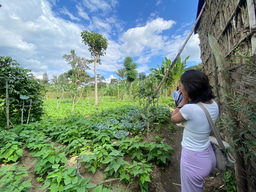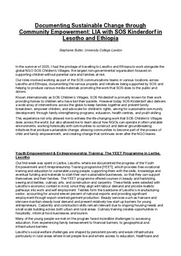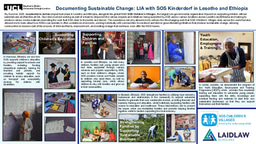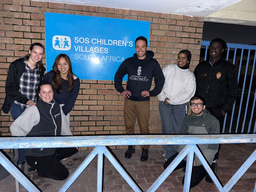A love letter to São Paulo (10/06/2025)

This blog post will discuss homophobia and the oppression of the LGBTQ+ community. If these topics are triggering, feel free to read another blog post.
When I saw Ferro’s Bar mentioned in a primary source, followed by descriptions of a description of mass arrests, I immediately dated the document to 1983. In 1983, Ferro’s bar saw a group of 30 lesbians and politicians break into the bar to protest the managers’ decision not to allow lesbians to sell their magazine Chamaconchama at their establishment, when their clientele was mainly lesbian women. However, I looked back at the source later, to transcribe my notes, when I realised it was written in 1980. What happened in 1980? What event caused the arrests of 500, mostly gay, people in one day?
I did some research and I found the “operação sapatão” (operation d*ke). This was an operation organised by delegate Richetti, which consisted of police forces patrolling lesbian bars and arresting people who were thought to be lesbians. Despite queer people, specifically women, being the main target, black people, transgender people and sex workers were also targeted by this wave of oppression and detainments. This was justified by claiming they were “moralising” the city of São Paulo. I was very upset by this, and it certainly made the atmosphere feel heavy for the rest of the day. I had heard Richetti’s name before when they compared his actions to Ferro’s Bar as a turning point in Brazilian queer history, but he was only ever mentioned in passing.
The thing that sticks with me is the reasoning, they were “moralising” São Paulo. The same city my dad lives in, a city I have been to many times and which holds such a dear place in my heart, that was the city that saw the worst oppression of the queer community during the entire military dictatorship. I am not the kind of person who needs to have a personal connection to something to feel empathy or for it to affect me; that is not why I’m saying this at all. I’m just overwhelmed by how, for me, São Paulo is a lively city, a happy, joyful city, and of course that is not everyone’s experience, but I cannot help but feel this energising energy when I walk the streets, see the graffiti on the side of buildings and recognise among them one of Cobra’s masterpieces. I always knew the city had a very dark past, which was very clear to me, so I don’t know why this was so shocking.
The city will be different to me now, I feel like I understand it more. It will not change how I see it, but I’ll be able to appreciate it more. Next time I visit the Samba bar, a hotspot for the queer population in the neighbourhood, and a very very fun place, I will appreciate it more, because I know how much it took to get there.





Please sign in
If you are a registered user on Laidlaw Scholars Network, please sign in
It's very commendable that you're addressing such heavy topics each day in your work, and even more inspiring is your approach in recognising these things and still looking for the bright side in how far we've come from these events. I resonate with feeling that your research has had an impact in your personal life and your perspective on familiar places.